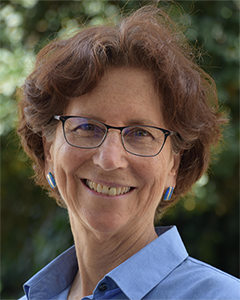On January 12, 2021 the California Public Utilities Commission (CPUC) approved a new decision in the CPUC microgrid proceeding. While the decision did very little to advance microgrid commercialization as required by SB 1339, it did include $200 million in utility ratepayer funding for a new incentive program to support microgrid development in vulnerable communities. These funds will not be enough to meet the magnitude of the need but the decision is an important policy step in the right direction.
Prioritization of vulnerable communities is a primary objective of The Climate Center’s Community Energy Resilience (CER) initiative. We are working with many partners to create a better electricity system for California that is clean, affordable, reliable, equitable and safe– prioritizing microgrid development in lower-income communities that suffer the most from air pollution and power outages.
The CPUC action followed through on recommendations from The Climate Center and Vote Solar as well as allied parties in the microgrid proceeding including Grid Alternatives, Sierra Club California and the California Environmental Justice Alliance.
During the discussion on the decision , CPUC President Batjer noted that “there remains work to do.” We strongly support key points in the letter sent by Reclaim our Power to the CPUC highlighting the need to invest in disadvantaged communities, allow local communities to define critical facilities, develop a microgrid incentive structure to address historical inequities, focus on clean energy microgrids, and provide opportunities for community ownership.
The forward movement of this new decision, as well as the CPUC decision issued last June which recognized the pivotal role of local governments in energy resilience planning, was driven in part by comments filed by The Climate Center and filing partner Vote Solar in the CPUC proceeding over the past year.
As highlighted in our filings (e.g., January 4th and December 28th), as well as in The Climate Center’s CER Policy Summit last August, California’s clean energy programs have not sufficiently benefited lower-income customers who face higher cost burdens and are disproportionately impacted by power shutoffs.
Rather than leaving such decisions to a remote utility-centered policy-making process, local communities need to be empowered to plan their own energy future. Local empowerment is a core objective of The Climate Center’s flagship CER legislation, SB 99, the Community Energy Resilience Act, as introduced by Senator Bill Dodd in late December.


